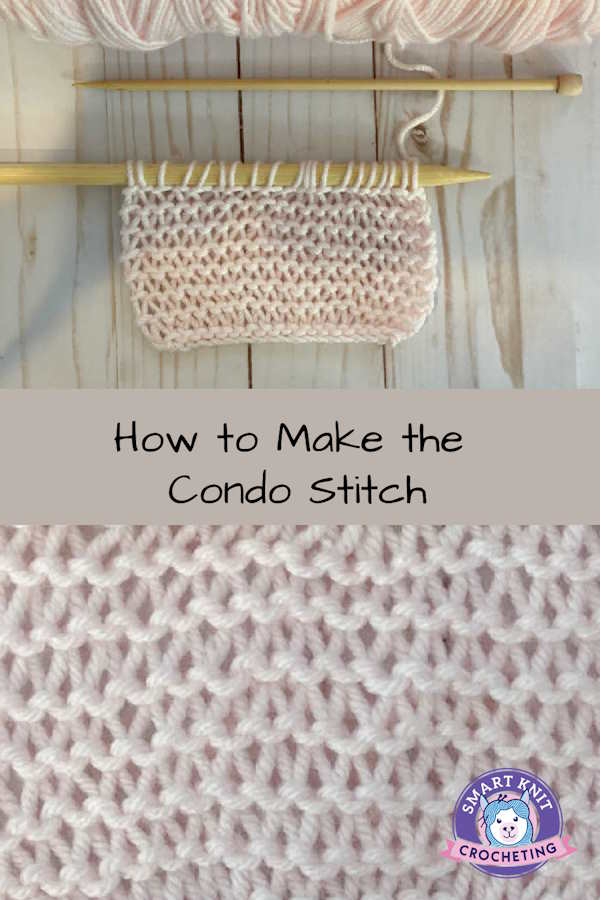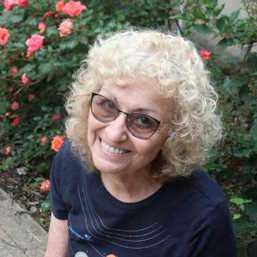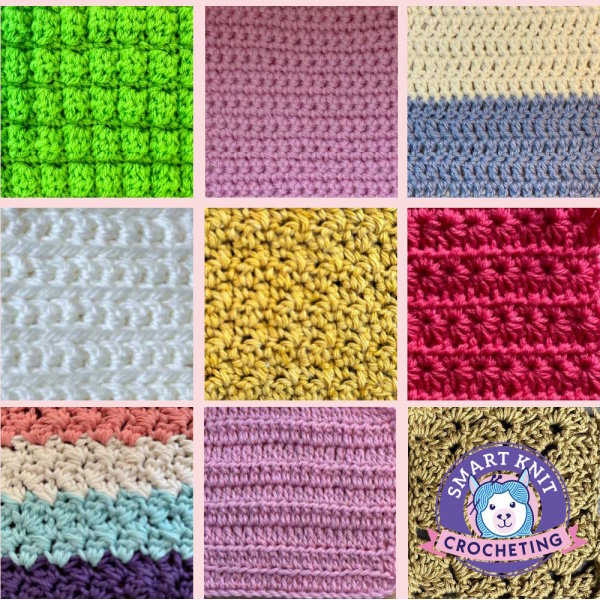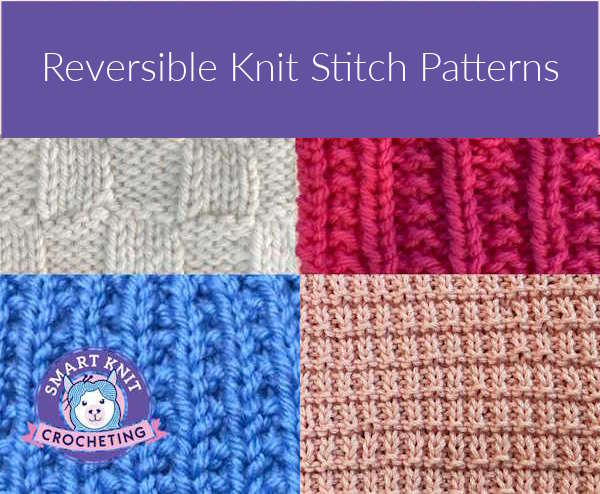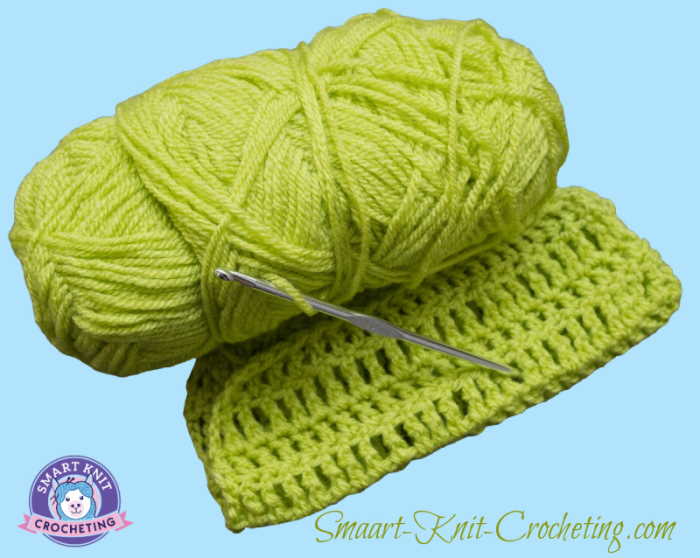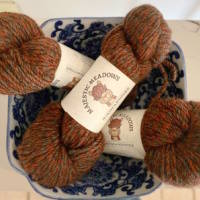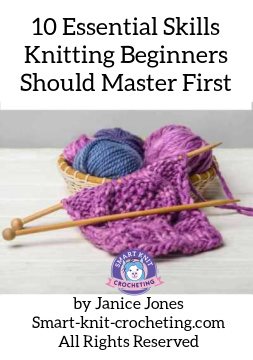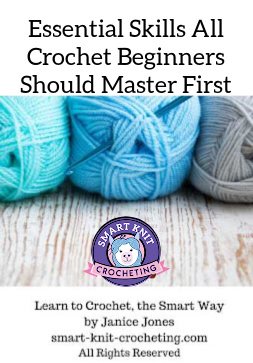Knit Condo Stitch: How to Guide, Tips and Tutorial
by Janice Jones |Published 10-23-2023
The condo stitch is both unique and ordinary at the same time. The humble garter stitch takes on new dimensions when you use two vastly different-sized needles, making the stitches in one row enormous and the other, tiny. The larger the difference between the two needles you choose, the lacier the fabric will be.
The condo knit stitch is named due to its unique use of two different-sized knitting needles, much like a condominium building that consists of units of various sizes.
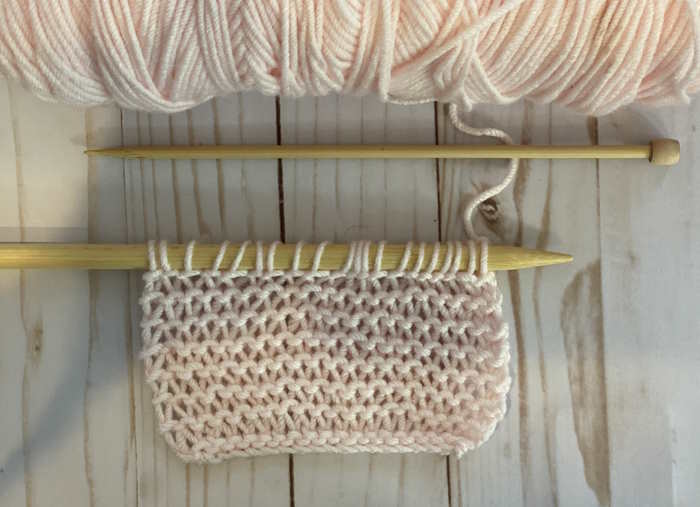 The Knit Condo Stitch
The Knit Condo StitchWhere Did the Name Originate?
Different knitting techniques have unique names, often associated with their origin, pattern, or style. Similarly, the name 'Condo Stitch' comes from its peculiar technique.
The drastic difference in the size of the needles, with one significantly larger than the other, results in knitting that features rows or 'floors' of stitches that are not all the same size – much like the way a condo building consists of a variety of differently-sized units.
The name is more playful than technical, illustrating the spirit of creativity and individualism commonly associated with knitting.
Putting the Knit Condo Stitch in Historical Perspective
Unsurprisingly, the condo stitch was popular in the 1970s and 1980s, where almost anything was acceptable in fashion.
The 1970s and 1980s were dynamic decades that saw several changes in fashion from previous times. People began exploring more personalized and expressive styles, and these trends were mirrored in the popularity of handcrafted items made with knit and crochet patterns.
In the 1970s, fashion was characterized by a variety of trends. It was the era of bell-bottoms, paisley prints, tie-dye, and color. Bohemian and hippie influences were also prevalent, leading to the popularization of the "creative casual" aesthetic and an emphasis on individualistic expression.
As part of this trend, handcrafted items gained a lot of favor. With its easily adjustable pattern and unique texture, the condo stitch became widely used in creating one-of-a-kind sweaters, scarves, and wraps that aligned with the demand for eccentric and individualized clothing.
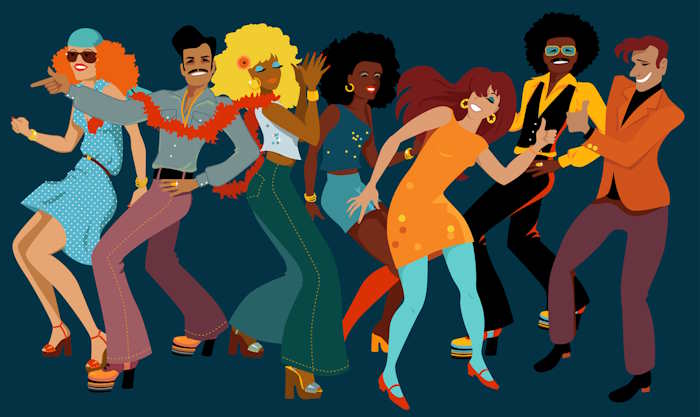 The Knit Condo Stitch was popular during the 1970s and 1980s
The Knit Condo Stitch was popular during the 1970s and 1980sAs the 1980s arrived, fashion became more flamboyant and bolder. Layering and eclectic matching were all the rage, as were hand-knitted and crochet items.
Mimicking the big and bold theme of the decade, the condo stitch, with its exaggerated textures and patterns, was widely used to create a variety of clothing and accessories meant to be worn over other clothing, such as a lacy see-through coverup over a bathing suit.
Creating the Condo Stitch
I had doubts about this one, but after working up a swatch, I realized that this would make an excellent choice for a beginner who has mastered the knit stitch pattern and was ready for something more unique than a typical garter stitch.
It also took me back to a time in my life when everyone was trying to crochet or knit, even if we weren’t all that good. I don’t remember this stitch, but as a 20-something in that era, I can attest to the crazy but wonderful fashion trends that existed during these decades.
(OK, I’ve given my age away)
The Condo Stitch creates a very drapey fabric, perfect for a quick scarf or shawl. And, if you want to make something more ‘70s, consider a poncho.
Skill Level
 Basic Skill Level
Basic Skill LevelThis pattern is appropriate for a beginner.
Skills Needed
Materials
Two knitting needles of differing sizes. One should be the recommended size for your chosen yarn while the other should be about 3-4 sizes larger.
The smaller of the two needles should be appropriate for the type of yarn you choose. For example, a US 7 (4.5 mm) works well with worsted-weight yarn. Pick the second needle to be at least a US 13 to 15 (9 - 10 mm)
Yarn of your choice: The best yarn for this stitch is a DK, Worsted-weight or Aran weight yarn (CKC #3 or 4).
Tutorial
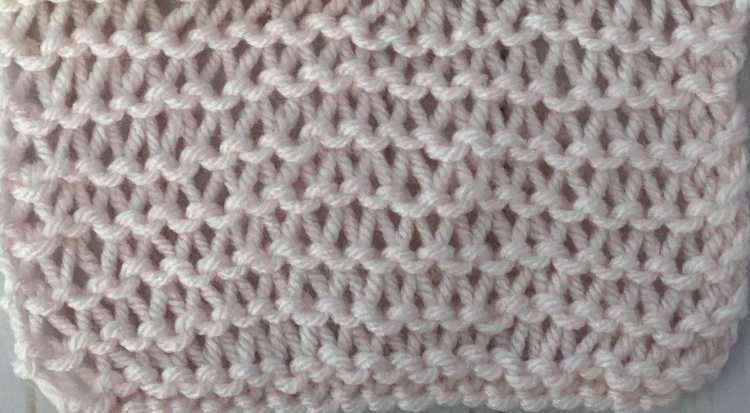 The Knit Condo Stitch, Close-up
The Knit Condo Stitch, Close-up- Cast on any number of stitches onto your smaller-sized needle.
- Set-Up Row: Knit across the row using the same smaller needle.
- Row 2: Switch to the larger needle and knit across.
- Switch back to the smaller needle and knit across.
- Continue this pattern by alternating the needles after each row. You may want to give the fabric a little tug to keep it flat.
- Bind off all the stitches.
- Finally, weave in all ends.
Note About the Condo Stitch
The first transition from the smaller to the larger needle will be more difficult. It will get easier as you continue.
Work until you reach your desired length. End your project with the large needle for a more flared edge, or end with the smaller needle for a snug edge.
What to make?
Use this stitch for projects where you might like a lacy look without the need to create lace.
- Scarves
- Ponchos
- Wraps or Shawls
Last Words
The condo stitch harks back to a time when the free spirit and individualistic style was encouraged, at least in the young.
Not only does it reflect the character of the 1970s and 1980s, but its simplicity and versatility make it an excellent stitch for contemporary knitting enthusiasts to try - beginner or seasoned knitters. It balances uniqueness in design with ease of execution.
In essence, like many vintage styles making a comeback, the condo stitch too, is regaining its past glory.
As a beginner, it gives you an exciting deviation from uniform stitching, and as an adept knitter, it provides an opportunity to explore creative knitting patterns with a simple twist.
So even though you’re not likely to be an architect (or maybe you are) creating the next condominium, you can create your own condo with colorful yarn.
